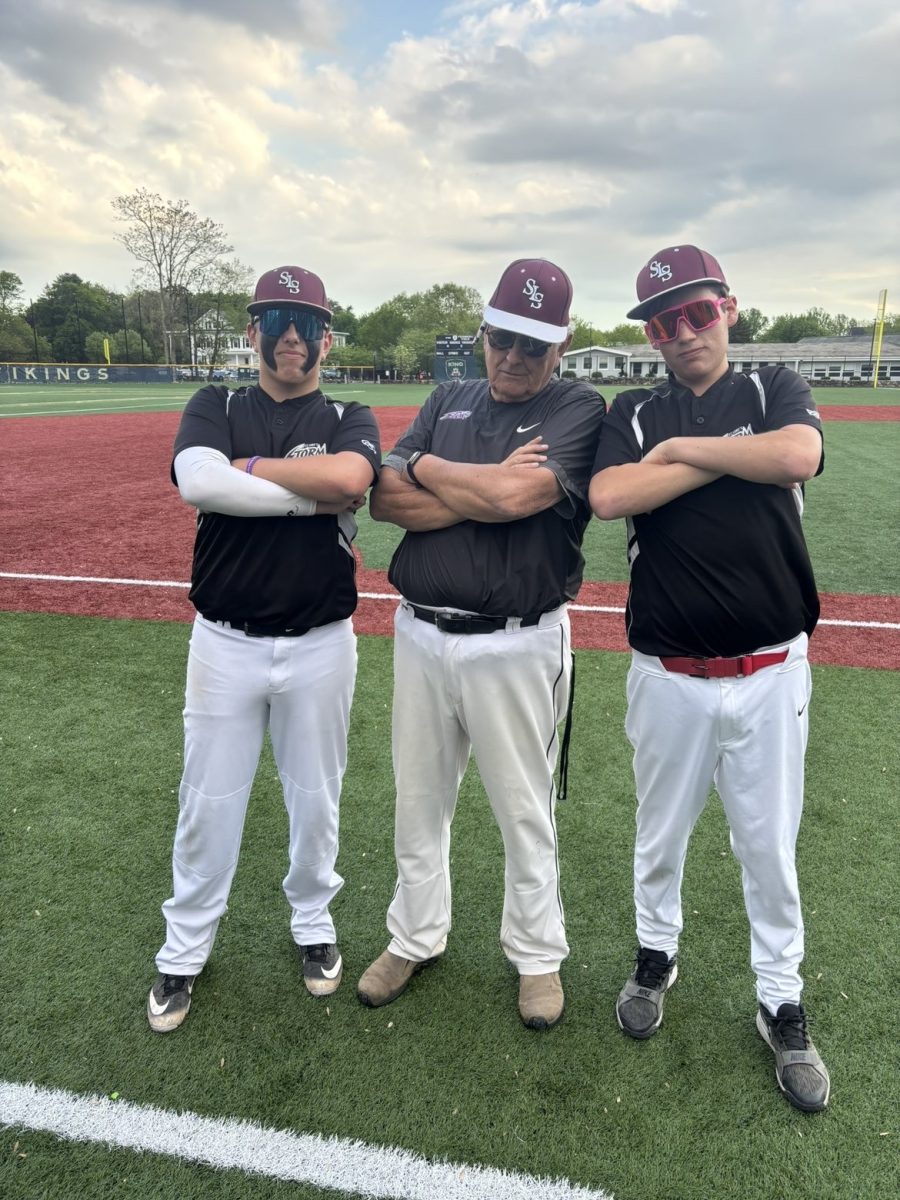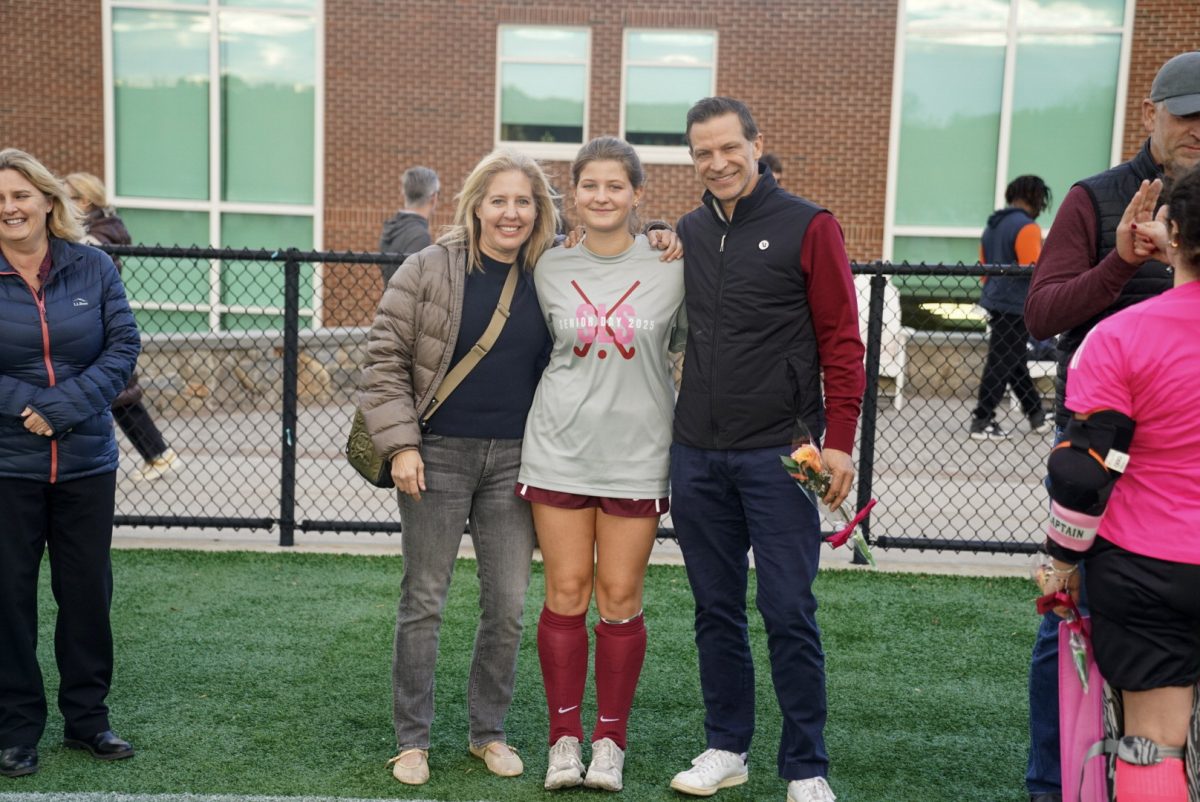While St. Luke’s boasts plenty of successful alumni, none quite compare to Paralympic silver medalist Ali Truwit ‘18. Growing up, Truwit was a competitive swimmer and went on to swim Division 1 at Yale University. After graduating from Yale in May of 2023, Truwit was snorkeling in Turks and Caicos when she was involved in a shark attack and tragically lost her leg. During our interview, Truwit explained that following the attack she felt a “…depth of sadness and pain that [she’d] never known before. [She] had become an amputee at 23 years old.” However, rather than letting the tragedy consume her, Truwit made the courageous decision to start training for the Paralympics.
Preparing for the Olympics is physically and mentally challenging for all athletes; leading up to the competition, Truwit spent two to four hours in the water each day, and was required to swim times close to what she’d had to swim at Yale, however this time with only one leg. On top of this, as a recent amputee, Truwit also had to adjust to her prosthetic. “For example” Truwit explained, “I had never had to take my leg off before a race before.”
As an athlete new to the world of Paralympic swimming, it was important for Truwit to establish priorities related to her career as well as her mental and physical health. “I’m a big believer that the mind goes before the body. So as strong as I can keep my mind, I was going to achieve more than I thought I could physically. So it was really important for me to do the emotional work as well and the mental work heading into the Paralympics,” explained Truwit. Throughout her preparation for the Paralympics, Truwit described three main things that helped her remain calm and focused. Firstly, Truwit made sure to utilize her support system; while she mentioned that she’s not a “naturally vulnerable person”, she really had to learn to let people in throughout her journey. Specifically, her coach and family helped to give her grace on hard days and remind her that life is filled with ups and downs. Additionally, Truwit wanted to make sure she appreciated how far she’d come no matter how the Paralympics went. Truwit described that she wanted to “balance [that appreciation] with having goals but understand [she’s] proud of where [she is] now.” Lastly, Truwit began working with a sports psychologist to help her navigate the stress and unknowns of the world of paraswimming. With her sports psychologist, Truwit was able to “name the fears, face the fears, verbalize it all” throughout an extremely stressful and exciting time in her life.















